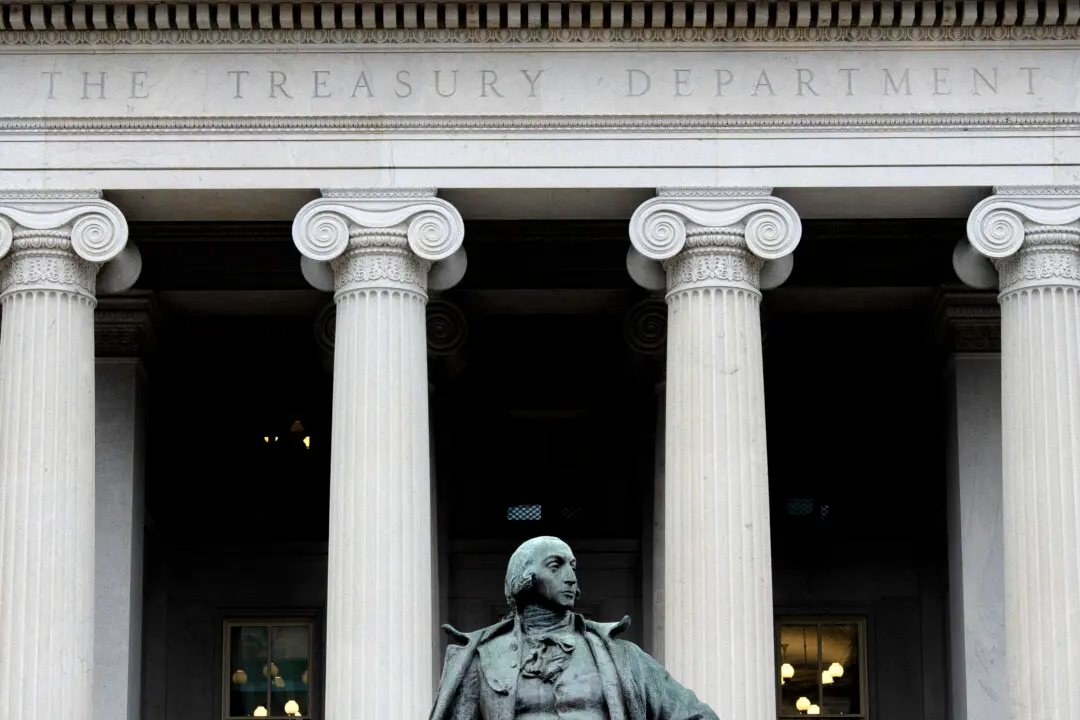A California bill that would allow all businesses and individuals in the state to accept digital asset payments, such as cryptocurrency, and prohibit government restrictions on the use of digital currency, is being considered by a legislative committee.
Introduced by Assemblyman Avelino Valencia earlier this year, Assembly Bill 1052 was recently reviewed by the state Assembly’s Banking and Finance Committee before it was amended and re-referred back to the committee on April 1 for further scrutiny.





